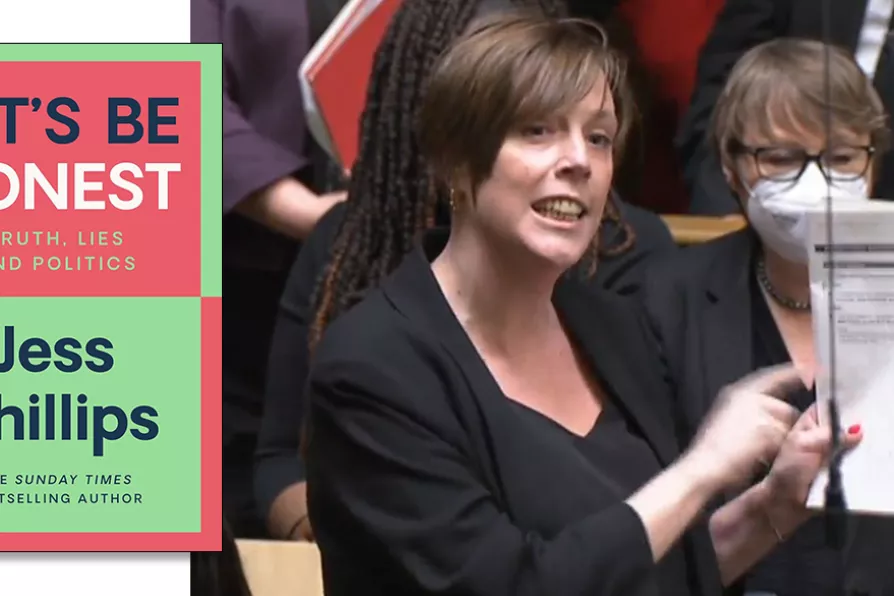JOHN GREEN, MARIA DUARTE and ANGUS REID review Fukushima: A Nuclear Nightmare, Man on the Run, If I Had Legs I’d Kick You, and Cold Storage

 POACHER TURNED GAMEKEEPER? Jess Phillips MP holds the Sue Gray report up as she responds to a statement by Prime Minister Boris Johnson to MPs in the House of Commons, January 31, 2022
POACHER TURNED GAMEKEEPER? Jess Phillips MP holds the Sue Gray report up as she responds to a statement by Prime Minister Boris Johnson to MPs in the House of Commons, January 31, 2022
Let’s Be Honest: Truth, Lies and Politics
Jess Phillips, Simon & Schuster, £15.95
LET’S Be Honest, the title already of Jess Phillips’s latest autobiography – her fourth – raises the stakes for her going forwards. That’s Jess Phillips, outspoken MP for Birmingham Yardley, now Parliamentary Under-Secretary of State for Safeguarding and Violence Against Women and Girls; potentially one of the most important voices in government for British women today.
In this most recent chronicle of her parliamentary career Phillips writes from her personal experience in opposition under the rule of Rishi Sunak’s dying government. It’s a notes-from-the-battlefield attempt to cut through “the bullshit” of Tory populist tactics: distraction, division, distraction, more division, while the country went belly up.
The book has been criticised by some reviewers for missing its sell-by date, arriving just as the country freed itself from Tory rule.

FIONA O'CONNOR recommends a biography that is a beautiful achievement and could stand as a manifesto for the power of subtlety in art

FIONA O’CONNOR steps warily through a novel that skewers many of the exposed flanks of the over-privileged











